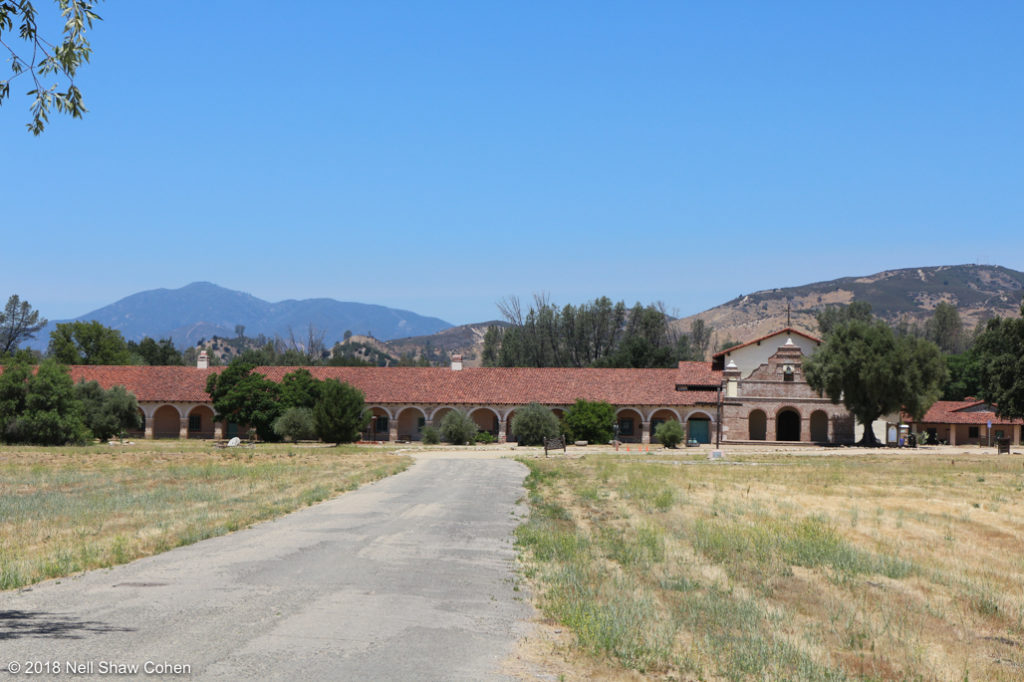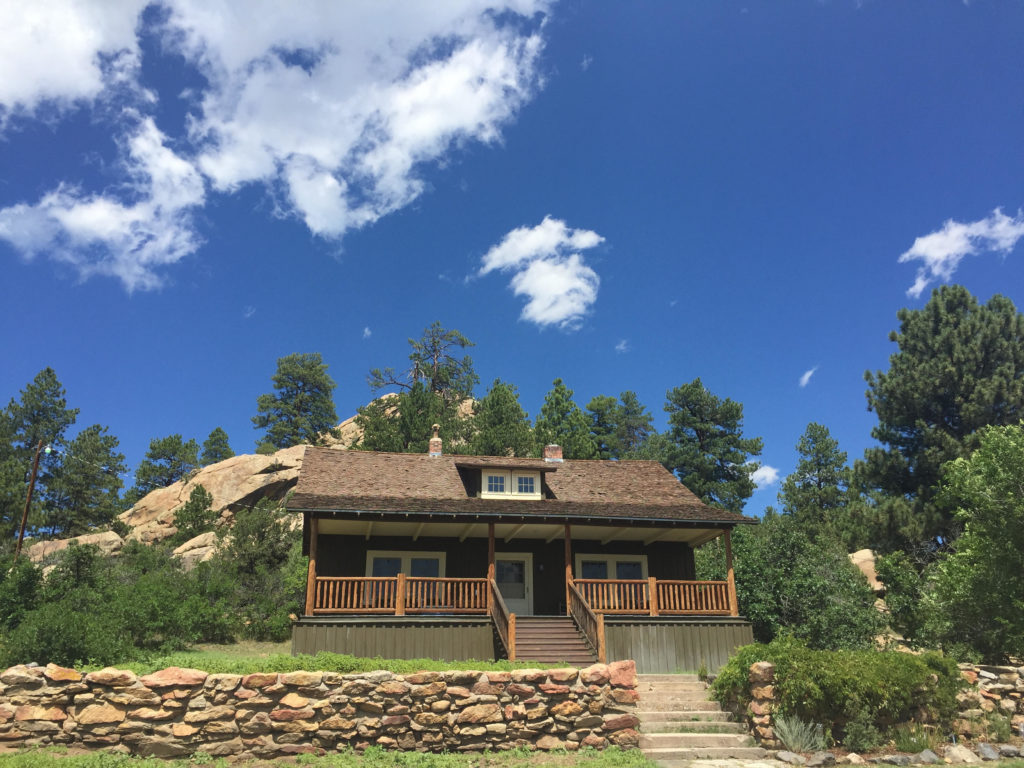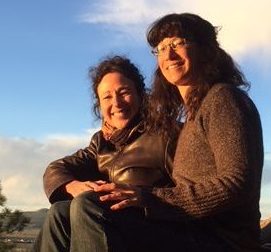
Mission San Antonio de Padua, Jolon, CA. Photo © 2018 Nell Shaw Cohen. See more photos.
My composition Retrace for flute, violin, and cello commemorates the 50th Anniversary of the National Trails System Act of 1968, and was composed in response to the Juan Bautista de Anza National Historic Trail. It will receive four co-World Premiere performances during Fall 2018 in locations around the country—presented by Citywater and the Visions of the Wild Festival (9/23, Vallejo, CA), Michigan Technological University (10/4, Houghton, MI), Cascadia Composers (10/7, Portland, OR), and Juventas New Music Ensemble (11/3, Boston, MA), respectively—as part of Landscape Music: Rivers & Trails, a nationwide initiative I am directing for the Landscape Music Composers Network.
The Anza Trail stretches 1,200 miles, weaving through desert and city from Nogales, Arizona to San Francisco, California. It follows the path of the Anza Expedition of 1775-76, which traveled indigenous routes from modern-day Mexico through Arizona and California to settle the San Francisco Bay Area for Spain. A narrative mapped onto the land rather than a “trail” in the usual sense, the Anza Trail is an ongoing project of cultural and historical preservation through outreach, education, and recreation. Continue reading


